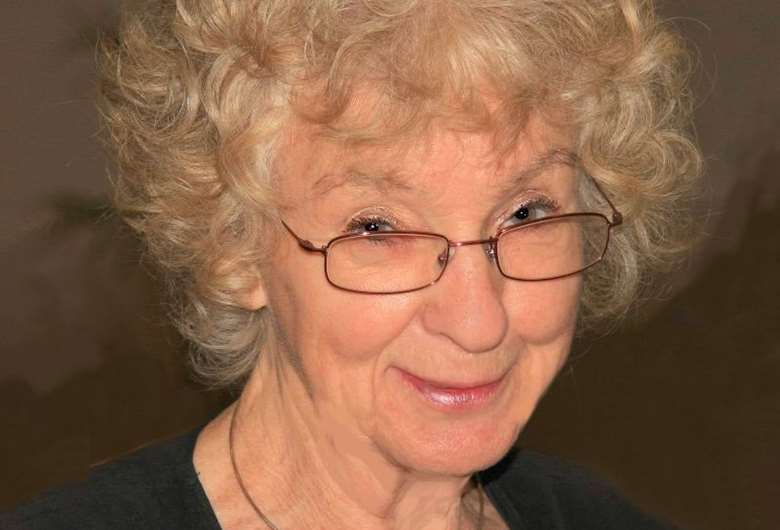At a crossroads on racial equality
Jane Lane
Monday, June 5, 2017
Jane Lane explains why everyone involved with children in their early years needs to take notice of a new plan for racial equality in Britain.

A coalition of race equality organisations has drawn up a plan for fairness and equal chances for Britain's Black, Asian and minority ethnic communities, so that we can all face future challenges together, equally. The plan states that Britain is at a crossroads on racial equality, Brexit and identity – issues that will determine this country's direction for a generation.
The plan consists of :
1) a manifesto for racial equality that includes :
- a preface, identifying the key issues facing and affecting black and minority ethnic communities,
- a race equality plan for Britain, covering employment, housing, criminal justice, education and health, each with a specific 'demand' and clarification,
- a section on post-Brexit Britain, stressing that this must include equal rights for minorities, and
2) a section on the power of the black vote, showing it can play a significant part in deciding who wins the 2017 general election.
The leaders of the main political parties have all written supportive comments about the plan.*
Implications
What are the implications for all those involved in the early years field from those points mentioned specifically in the manifesto and for building the foundations of a just and equal society?
The manifesto demands a comprehensive race equality strategy to reduce all areas of race inequality – an essential pre-requisite to support work in the early years.
There are many people involved in young children's lives, either directly or indirectly - including children's families, practitioners working with them (in children's centres, nursery schools, nurseries – private or voluntary, pre-schools, with childminders or other forms of provision/settings), trainers of practitioners, OFSTED for inspecting provision, local authorities and national government for devising laws and guidance overall. The manifesto has implications for them all in terms of policies, procedures and practices.
For example :
- families who are refugees or asylum-seekers - they and their children may need special understanding and support for what they have gone through,
- overcrowded housing conditions for many black African and Bangladeshi families and the way cuts have affected the lives of families living in poverty, a disproportionate number of whom are black and minority ethnic families, particularly Black, Asian and Caribbean women – all may need positive support, understanding and help to, wherever possible, improve their circumstances,
- the consequences of sometimes implementing the Prevent strategy insensitively so that unwarranted and damaging assumptions are made about Muslim children, their families and their communities. In view of the recent terrorist attacks it is very important to take particular care to avoid stereotyping and to provide active support and empathy for Muslim children and their families, who may feel the pressure of negative assumptions being made about them,
- the Equality Act – all forms of provision should be aware that discrimination on racial and/or religious grounds is unlawful. Furthermore, public sector provision, under the public sector equality duty, must also advance equality of opportunity and foster good relations. It is generally accepted that, on good practice grounds, all other forms of provision should also comply with these requirements,
- Research over 50 years shows that children recognise differences between people well by the age of three. So it is crucial that their experiences at this early age enable them all to have opportunities to learn positive attitudes and behaviour to those who are different from themselves, as well as unlearning any negative attitudes and behaviour that they may have already learnt. Using Persona Dolls** to share stories about their lives helps children to develop concepts of empathy with those who are different from them,
- Talking with children regularly, from the time they join the setting, about similarities and differences in positive ways opens up opportunities to raise issues that can then be discussed in ways appropriate to their ages – for example, in areas where few people from minority ethnic groups live and in the present time, about Muslims, wherever in the country the setting exists,
- Research also shows that where children have opportunities to mix with others who are different from them, they are much more likely to grow up not having racially prejudiced attitudes. So having settings that welcome children from all backgrounds is important, as indeed is having practitioners from a variety of backgrounds. Similarly, encouraging children from different backgrounds to learn and play together is important, while understanding the desire of some to feel secure and comfortable by being together. It is the setting's ethos of equal value and respect that is critical,
- Race equality cannot be put into practice unless the reality of all aspects of racism are recognised and acknowledged. Its deeply entrenched nature means it is often not intentional, it remains hidden and able to be ignored. It is just not ‘noticed’. But if it is not acknowledged then one of the main reasons as to why inequalities still exist and are perpetuated, remains unknown, unexamined, unrecognised and unaddressed.
If we wish for a society at ease with itself, the implications of this manifesto, and the issues it raises, are crucial for everyone in whatever way they are involved in the early years.
* The plan is available at : www.raceequality2017.org.uk
**information about Persona Dolls :babette@personadoll.com
Jane Lane, advocate worker for racial equality in education and the early years.




